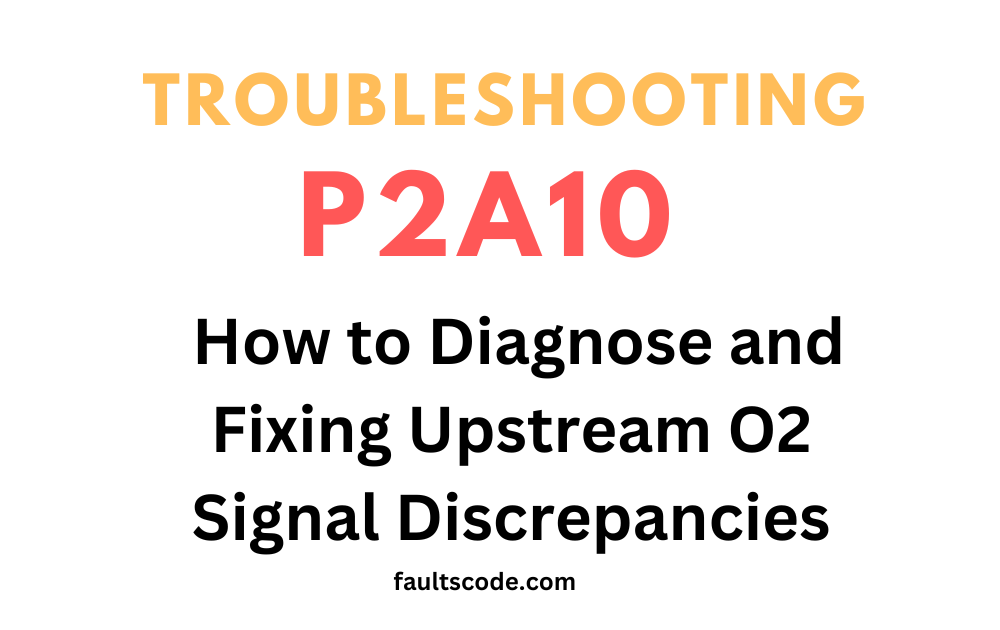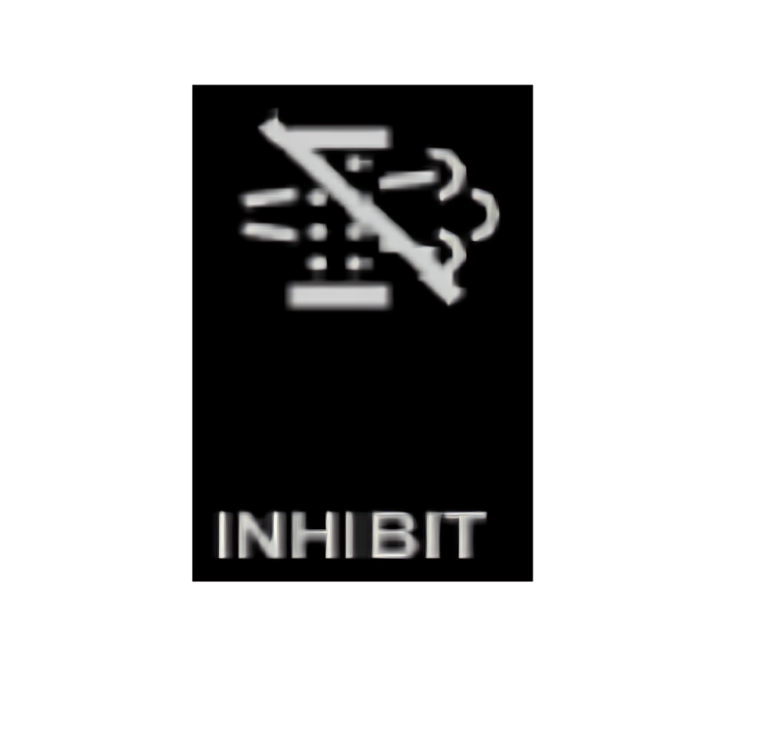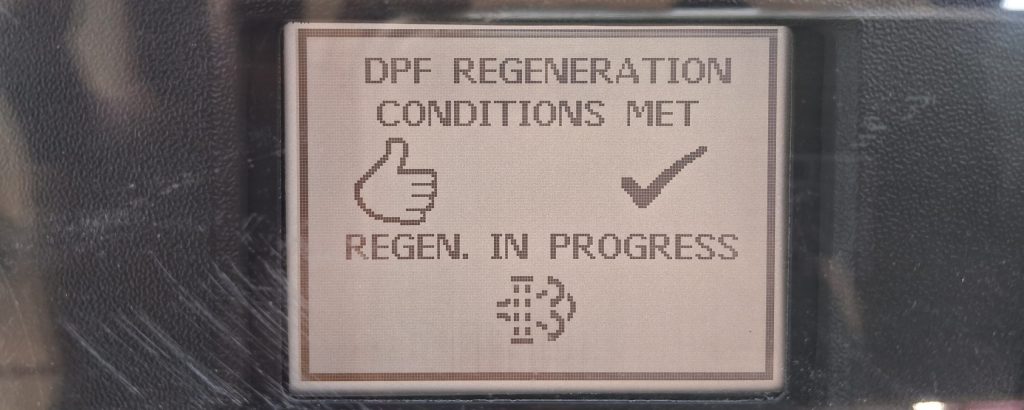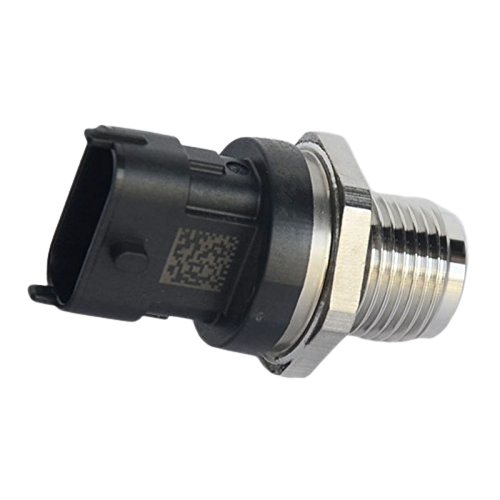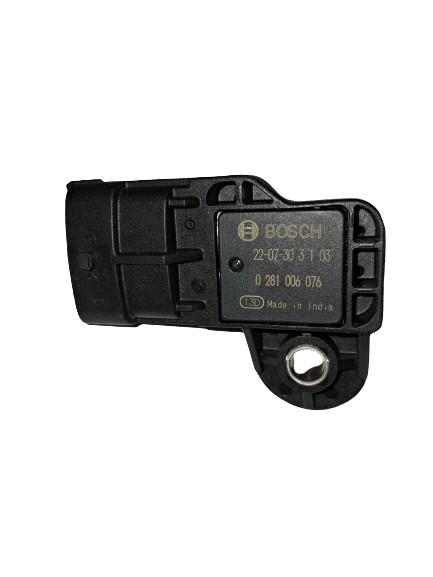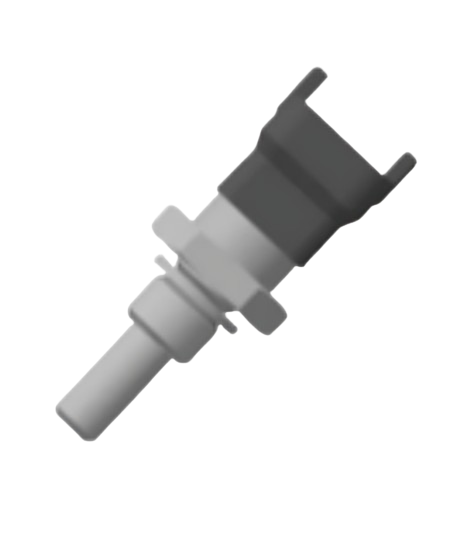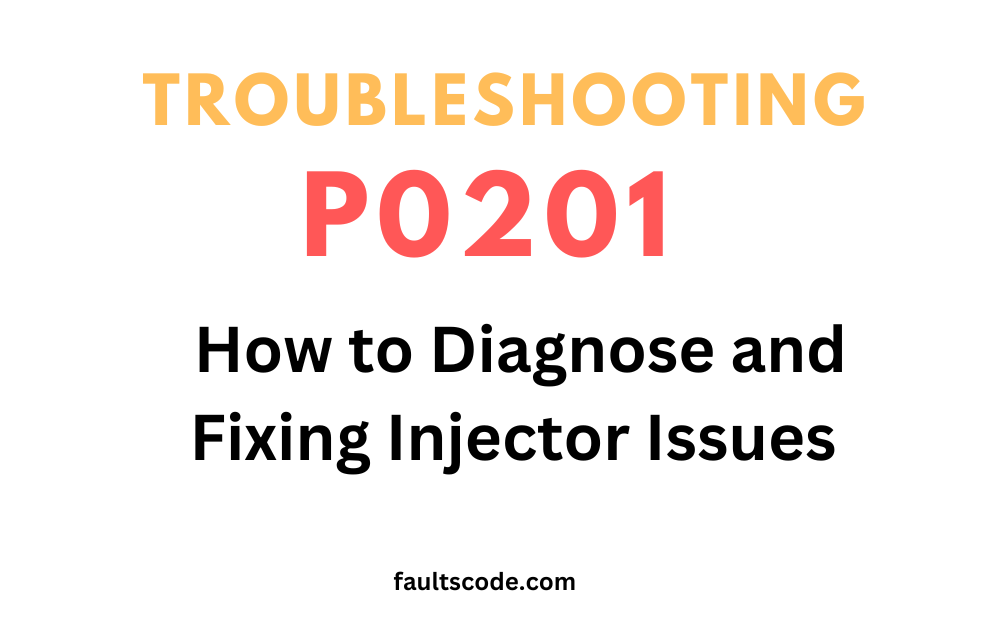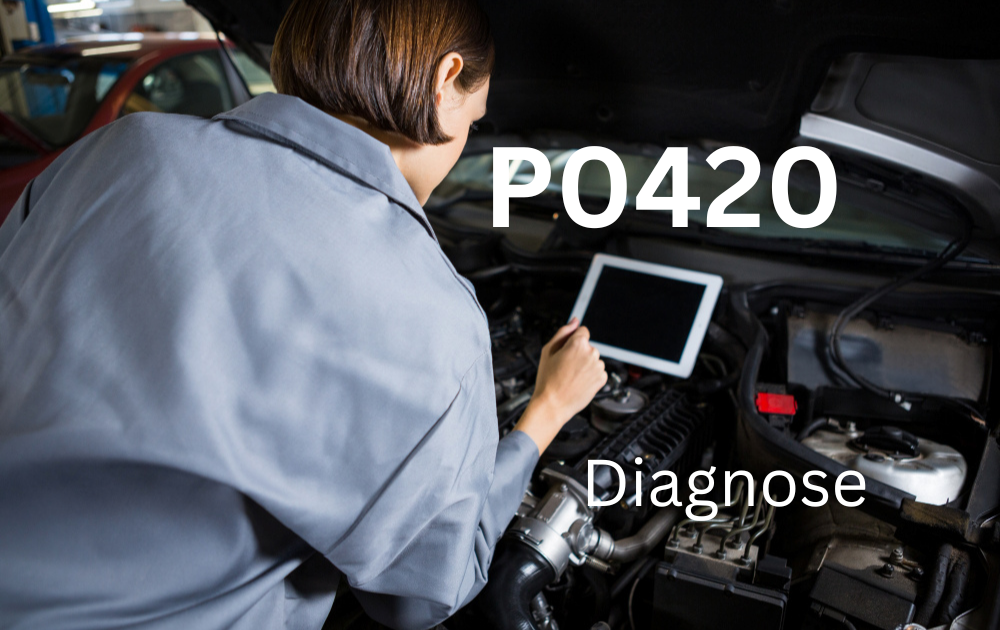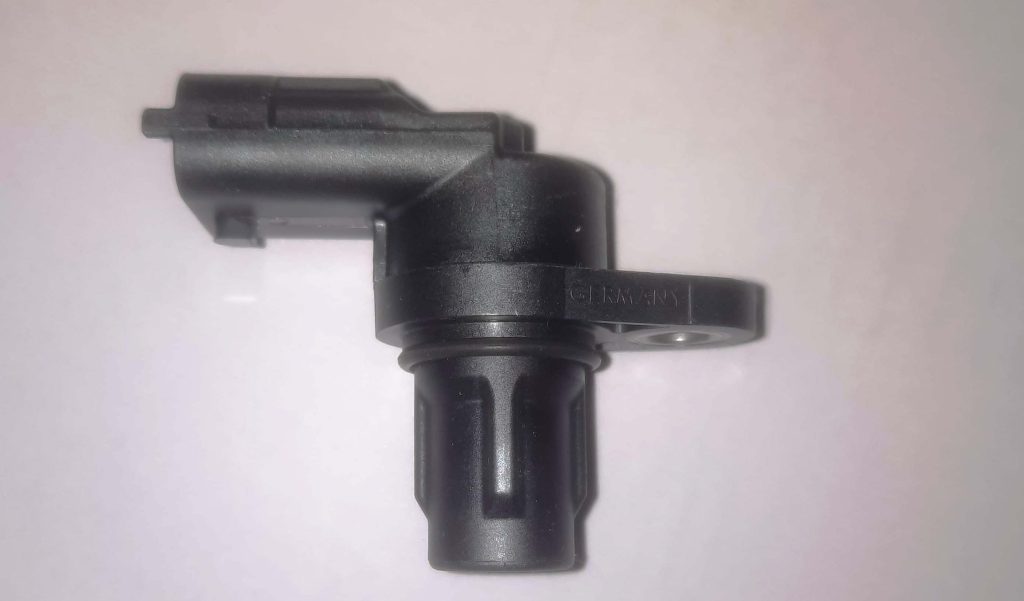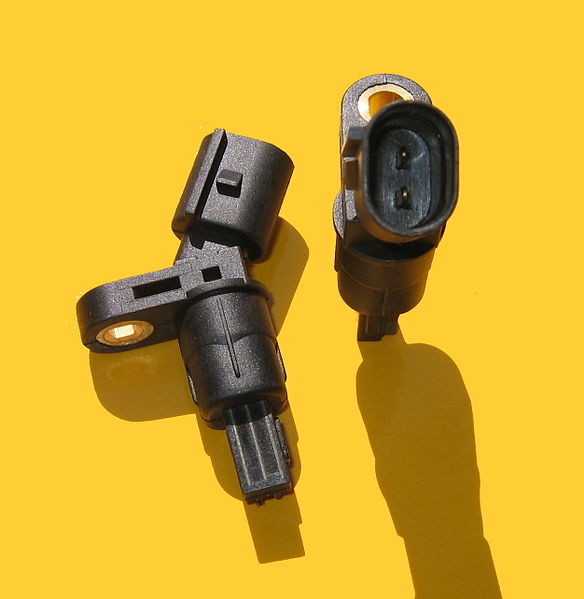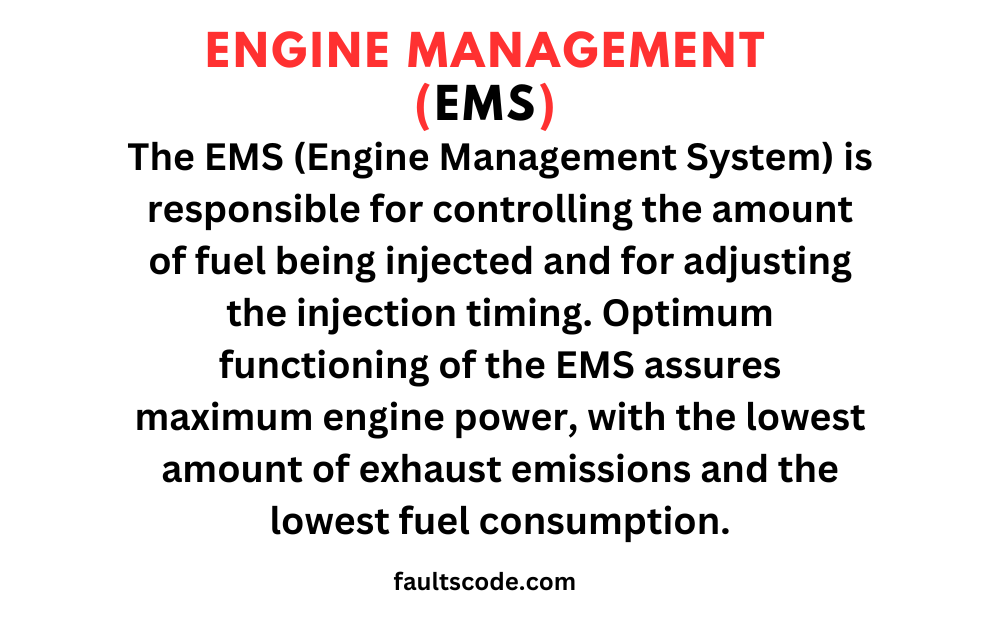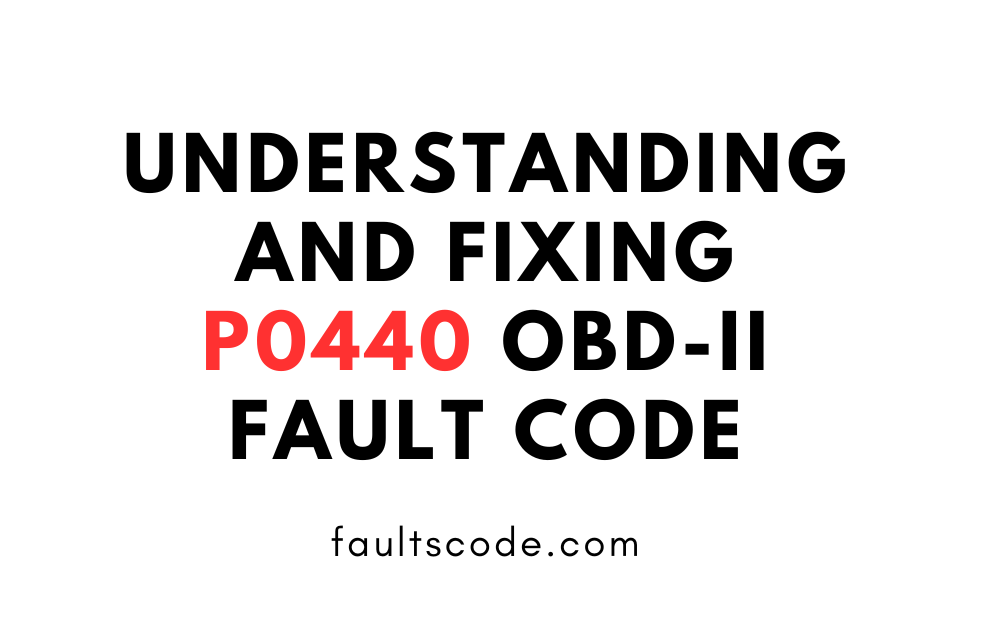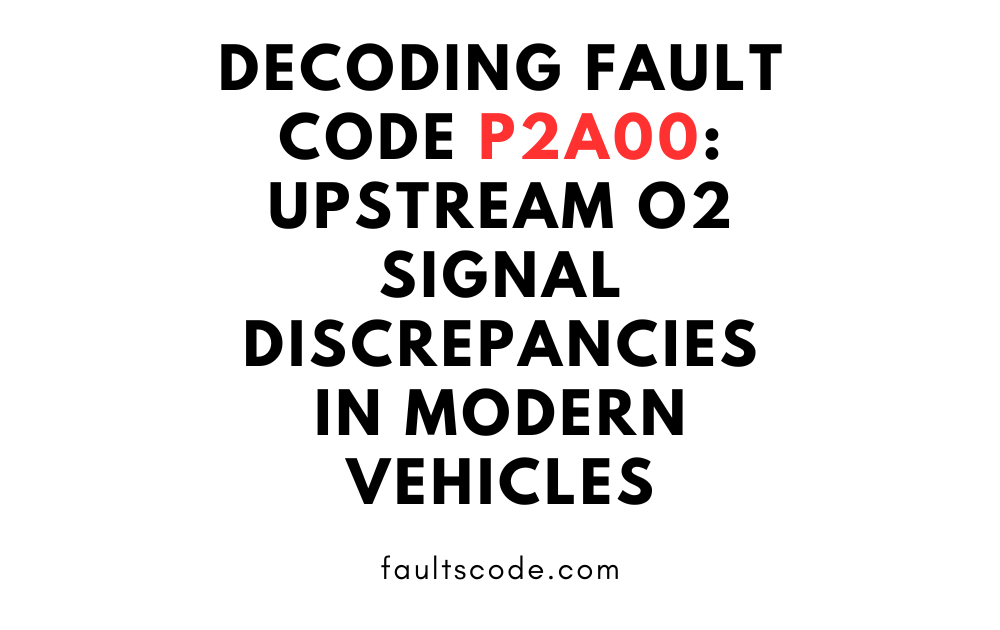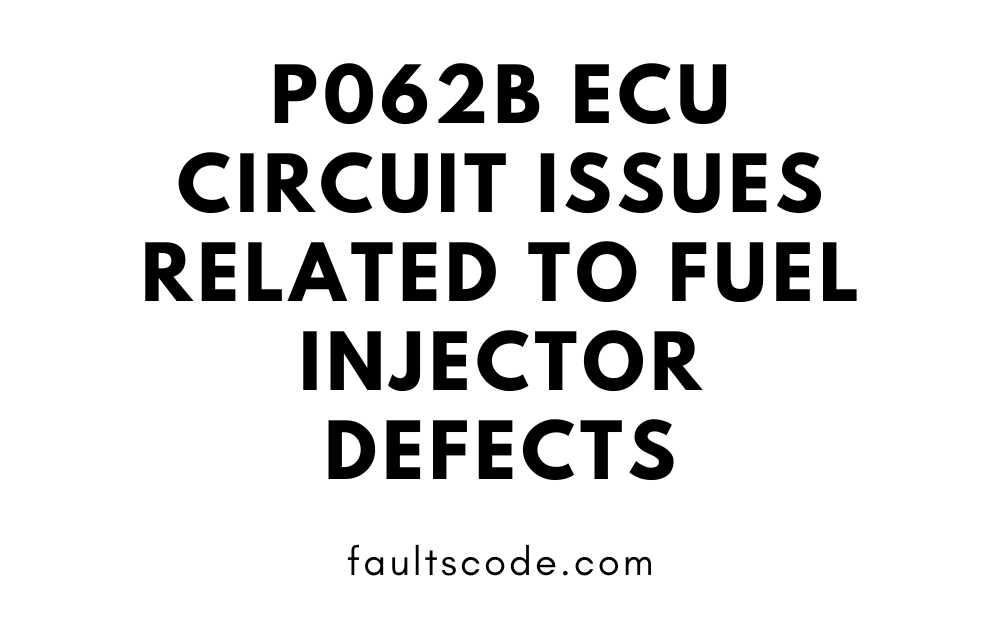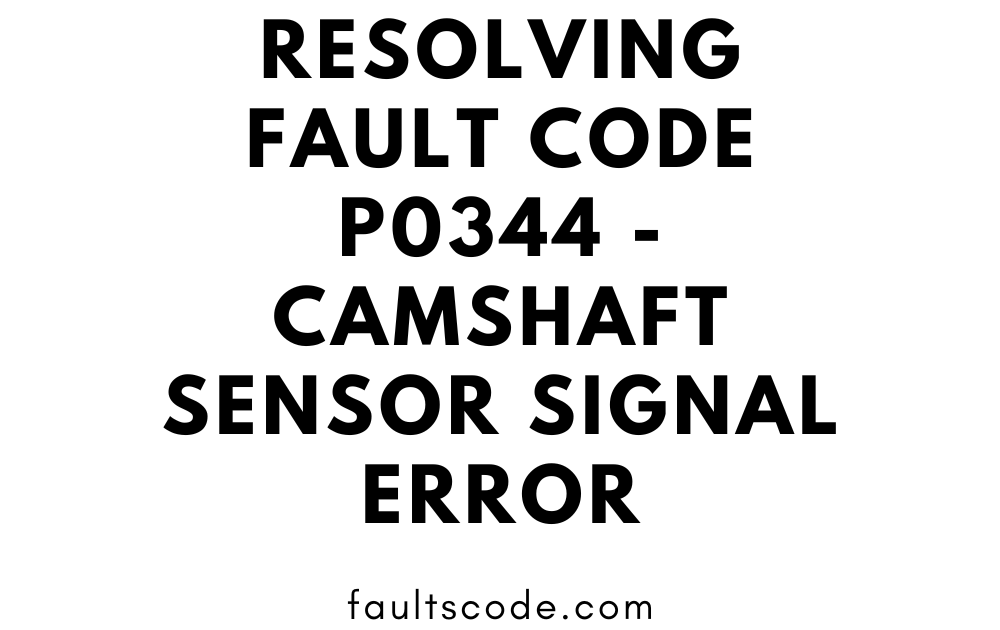P0171 Code: Understanding Causes, Symptoms, and Solutions
P0171 Code
In the realm of automotive diagnostics, On-Board Diagnostics II (OBD-II) trouble codes serve as invaluable tools for identifying issues within vehicles. OBD-II systems are equipped in most modern cars, offering a standardized method for detecting and reporting malfunctions.
Introduction to the P0171 Trouble Code
Among the myriad of OBD-II trouble codes, the P0171 code stands out as a common, yet critical indication of a potential problem. Understanding this code is vital for maintaining the performance and efficiency of a vehicle.
Importance of Understanding and Addressing the P0171 Code
The significance of comprehending and promptly addressing the P0171 trouble code cannot be overstated. Ignoring this warning can lead to various complications, ranging from reduced fuel efficiency to potential damage to engine components. Therefore, delving deeper into the intricacies of the P0171 code is essential for every vehicle owner and technician.

Understanding the P0171 Code
Definition and Meaning of the P0171 Code
The P0171 trouble code specifically indicates a lean condition in bank 1 of the engine. In simpler terms, it suggests that there is an imbalance in the air-fuel mixture, with too much air and insufficient fuel being delivered to the engine cylinders during combustion.
Significance of the Code in Vehicle Diagnostics
As one of the most frequently encountered trouble codes, P0171 holds significant diagnostic value. It serves as an early warning system, alerting drivers and technicians to potential issues related to fuel delivery, air intake, or engine performance. Ignoring this code can lead to a cascade of problems, including decreased fuel efficiency, increased emissions, and potential engine damage.
How the P0171 Code is Generated and Detected by the OBD-II System
The OBD-II system continuously monitors various sensors and parameters to ensure optimal engine performance. When the system detects a deviation from the expected air-fuel ratio in bank 1, it triggers the P0171 trouble code. This detection process typically involves analyzing data from the mass airflow sensor (MAF), oxygen sensors (O2 sensors), and other relevant sensors to determine the air-fuel mixture’s composition. Once the imbalance is confirmed, the code is logged, and the Check Engine Light (CEL) may illuminate to alert the driver.
Common Causes of the P0171 Code
Air Intake System Leaks
One of the primary culprits behind the P0171 trouble code is leaks in the air intake system. These leaks can occur at various points, such as the intake manifold gaskets, vacuum hoses, or even the air ducts leading to the engine. Unmetered air entering the system disrupts the air-fuel ratio, leading to a lean condition and triggering the P0171 code.
Faulty Mass Airflow Sensor (MAF)
The Mass Airflow Sensor (MAF) plays a crucial role in measuring the amount of air entering the engine. If the MAF sensor malfunctions or becomes dirty over time, it can inaccurately gauge the airflow, leading to improper fuel delivery and triggering the P0171 code.
Oxygen Sensor (O2) Malfunction
Oxygen sensors (O2 sensors) monitor the oxygen levels in the exhaust gases, providing feedback to the engine control unit (ECU) to adjust the air-fuel mixture accordingly. A faulty oxygen sensor can send incorrect signals to the ECU, resulting in a lean condition and the activation of the P0171 code.
Vacuum Leaks in the Intake Manifold or Hoses
Vacuum leaks in the intake manifold or associated hoses can disrupt the engine’s vacuum balance, leading to abnormal airflow readings. These leaks often result from worn gaskets, cracked hoses, or loose connections, ultimately triggering the P0171 code.
Fuel System Issues, Including Low Fuel Pressure or a Clogged Fuel Filter
Issues within the fuel system, such as low fuel pressure or a clogged fuel filter, can impede the proper delivery of fuel to the engine. A lean fuel mixture may result from insufficient fuel reaching the combustion chambers, leading to the activation of the P0171 trouble code.
Exhaust System Leaks
Leaks in the exhaust system, such as cracks or holes in the exhaust manifold or piping, can allow air to enter the exhaust stream prematurely. This disrupts the oxygen sensor readings and can lead to a lean condition, prompting the ECU to trigger the P0171 code.
Symptoms Associated with the P0171 Code
Check Engine Light (CEL) Illumination
The most immediate symptom of the P0171 trouble code is the illumination of the Check Engine Light (CEL) on the vehicle’s dashboard. This serves as a warning to the driver that there is a potential issue with the air-fuel mixture, prompting further investigation.
Rough Idling or Engine Misfires
A lean air-fuel mixture can lead to unstable engine idling or intermittent misfires. These symptoms may manifest as noticeable vibrations or shaking felt throughout the vehicle, especially when the engine is running at idle speed.
Reduced Fuel Efficiency
Since a lean condition indicates an imbalance in the air-fuel ratio, the engine may require more fuel to compensate for the excess air. This can result in reduced fuel efficiency, causing the vehicle to consume more fuel than usual to maintain performance.
Poor Engine Performance
The P0171 code can adversely affect overall engine performance, leading to sluggish acceleration, decreased power output, and hesitation during throttle response. The engine may struggle to perform optimally, especially under heavy load or during acceleration.
Potential for Further Damage if Left Unresolved
Ignoring the symptoms associated with the P0171 trouble code can have serious consequences for the vehicle’s engine and emission control systems. Continued operation with a lean condition may result in increased engine wear, damage to catalytic converters, and elevated emissions levels. Therefore, addressing the underlying cause of the code is crucial to prevent further damage and ensure the vehicle’s continued reliability.
Diagnostic Procedure for the P0171 Code
Initial Inspection and Visual Checks
Begin the diagnostic process by conducting a visual inspection of the engine bay and related components. Look for obvious signs of damage, such as cracked hoses, loose connections, or disconnected sensors. Pay close attention to the air intake system, vacuum lines, and exhaust components.
Utilizing OBD-II Scan Tools for Code Retrieval and Data Analysis
Connect an OBD-II scan tool to the vehicle’s onboard diagnostics port to retrieve the P0171 trouble code and any accompanying codes. Use the scan tool to access live data streams and analyze relevant parameters, including fuel trims, oxygen sensor readings, and engine load values.
Testing and Inspecting Components Related to Common Causes
Focus on testing and inspecting components commonly associated with the P0171 trouble code, such as the mass airflow sensor (MAF), oxygen sensors (O2 sensors), intake manifold gaskets, and vacuum lines. Perform electrical tests, sensor checks, and visual inspections to identify any faults or abnormalities.
Performing Smoke Tests for Detecting Vacuum Leaks
Utilize a smoke machine to perform a smoke test on the intake manifold and associated vacuum lines. Introduce smoke into the intake system and observe for any leaks where smoke escapes. Pay close attention to areas prone to vacuum leaks, such as intake manifold gaskets, vacuum hoses, and throttle body connections.
Conducting Fuel Pressure and Exhaust System Tests
Verify fuel system integrity by conducting fuel pressure tests to ensure adequate fuel delivery to the engine. Inspect the fuel pump, fuel filter, and fuel lines for any signs of damage or restriction. Additionally, perform exhaust system tests to check for leaks or restrictions that may affect oxygen sensor readings and fuel mixture composition.
By systematically following this diagnostic procedure, technicians can effectively identify the root cause of the P0171 trouble code and implement appropriate repairs or adjustments to restore optimal engine performance.
Solutions and Repairs for the P0171 Code
Addressing Air Intake System Leaks Through Repairs or Replacements
Identify and repair any leaks in the air intake system, including damaged hoses, cracked intake manifold gaskets, or loose connections. Replace faulty components as needed to ensure a proper seal and prevent unmetered air from entering the engine.
Cleaning or Replacing the Mass Airflow Sensor (MAF)
Clean the Mass Airflow Sensor (MAF) using specialized MAF cleaner to remove any dirt, debris, or contaminants that may affect its performance. If cleaning does not resolve the issue, consider replacing the MAF sensor with a new, OEM-quality unit.
Testing and Replacing Faulty Oxygen Sensors (O2)
Test the oxygen sensors (O2 sensors) using a multimeter or scan tool to verify their functionality. Replace any faulty oxygen sensors with high-quality replacements, ensuring compatibility with the vehicle’s make and model.
Repairing or Replacing Vacuum Hoses and Intake Manifold Gaskets
Inspect vacuum hoses and intake manifold gaskets for signs of wear, damage, or deterioration. Replace worn hoses and gaskets to restore proper vacuum integrity and prevent air leaks that contribute to the lean condition indicated by the P0171 code.
Resolving Fuel System Issues Such as Low Pressure or Clogged Filters
Address fuel system issues by testing fuel pressure using a fuel pressure gauge to ensure it meets manufacturer specifications. Replace the fuel filter if clogged or contaminated, and inspect the fuel pump and associated components for proper operation.
Repairing Exhaust System Leaks
Inspect the exhaust system for leaks, including exhaust manifold gaskets, catalytic converters, and exhaust piping. Repair any leaks or damage to restore proper exhaust flow and prevent unmetered air from entering the exhaust stream, which can affect oxygen sensor readings and fuel mixture composition.
By implementing these solutions and repairs, technicians can effectively address the underlying causes of the P0171 trouble code and restore optimal engine performance and fuel efficiency. Regular maintenance and periodic inspections can help prevent recurrence of the issue in the future.
Tips for Preventing Recurrence of the P0171 Code
Regular Maintenance and Inspection of the Vehicle’s Components
Schedule regular maintenance intervals for your vehicle, including inspections of the air intake system, vacuum hoses, oxygen sensors, and other relevant components. Detecting and addressing potential issues early can prevent the onset of the P0171 trouble code.
Promptly Addressing Any Related Warning Signs or Symptoms
If you notice any warning signs or symptoms associated with the P0171 code, such as rough idling, reduced fuel efficiency, or the illumination of the Check Engine Light, address them promptly. Ignoring these indicators can lead to more severe problems down the road.
Using Quality Replacement Parts and Components
When replacing parts or components related to the air intake system, fuel system, or exhaust system, opt for high-quality, OEM-equivalent replacements. Quality components are less likely to fail prematurely and can help maintain the vehicle’s performance and reliability.
Keeping the Engine Properly Tuned and Serviced
Ensure that the engine is properly tuned and serviced according to the manufacturer’s recommendations. This includes regular oil changes, spark plug replacements, and ignition system inspections. A well-maintained engine operates more efficiently and is less susceptible to issues like the P0171 trouble code.
By following these preventive measures and adopting good maintenance practices, you can minimize the likelihood of the P0171 trouble code recurring in your vehicle. Investing time and effort in preventive maintenance can ultimately save you from costly repairs and downtime in the long run.
Conclusion
Recap of Key Points Regarding the P0171 Trouble Code
In conclusion, the P0171 trouble code indicates a lean condition in bank 1 of the engine, typically caused by an imbalance in the air-fuel mixture. Common culprits include air intake system leaks, faulty sensors, vacuum leaks, and fuel system issues. Recognizing the symptoms associated with this code and conducting a thorough diagnostic procedure are essential steps in identifying and resolving the underlying cause.
Importance of Timely Diagnosis and Repair to Prevent Further Issues
Timely diagnosis and repair of the P0171 trouble code are paramount to preventing further complications. Ignoring the warning signs can lead to reduced fuel efficiency, poor engine performance, and potential damage to engine components. Addressing the issue promptly not only ensures continued reliability but also minimizes the risk of more severe and costly repairs down the line.
Encouragement for Vehicle Owners to Stay Proactive in Maintaining Their Vehicles for Optimal Performance and Longevity
As responsible vehicle owners, it’s crucial to stay proactive in maintaining our vehicles for optimal performance and longevity. Regular inspections, preventive maintenance, and prompt attention to warning signs are key to keeping our vehicles running smoothly and avoiding unforeseen issues like the P0171 trouble code. By investing time and effort in vehicle maintenance, we can enjoy safer, more efficient driving experiences while extending the lifespan of our vehicles.
In essence, understanding, diagnosing, and addressing the P0171 trouble code require diligence and attention to detail. By staying informed and proactive, we can effectively manage this common automotive issue and ensure the continued reliability and performance of our vehicles.


